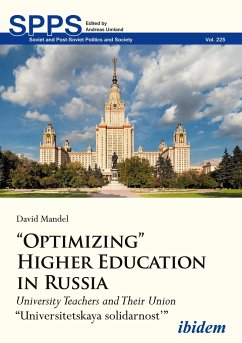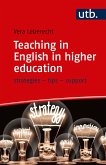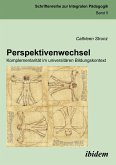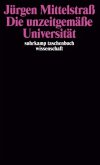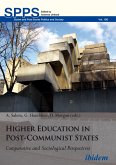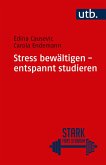In 2012, soon after his election to a third presidential term as president, following a four-year stint as prime minister (to avoid modifying the constitution), and in the wake of an unprecedented wave of popular protests, Vladimir Putin issued his "May Decrees." Notable among them was the government's commitment to increase the salaries of doctors, scientific researchers and university teachers to double the average in their respective regions by 2018. But then on December 30 of that year, the government issued a "road map" for education, revealing that the salary increases in higher education would be paid for, not by significant new government funding, but by "optimization," which would eliminate 44% of the current teaching positions in higher education. This was justified in part by a forecasted drop in student enrollment. Thus opened a new, accelerated period of reform of higher education. David Mandel examines the impact of these reforms on the condition of Russia's university teachers and the collective efforts of some teachers, a small minority, to organize themselves in an independent trade union to defend their professional interests and their vision of higher education. Apart from the subject's intrinsic interest, an in-depth examination of this specific aspect of social policy provides valuable insight into the nature of the Russian state as well as into the condition of "civil society," in particular the popular classes, to which Russian university teachers belong according to their socio-economic situation, if not necessarily their self-image.
"This book is full of unique insights into higher education in Russia: the day-to-day realities for lecturers, the workplace relationships, the extent of academic freedom and both the successes and shortcomings of trade union activity. No-one is better placed to understand these dynamics than David Mandel, who has not only researched trade unions, but also actively supported and cooperated with trade union militants in Russia, for decades. His account is sympathetic to, but realistic about, these militants: this is not a view through rose-tinted spectacles."-Simon Pirani, Honorary Professor, University of Durham, and author of The Russian Revolution in Retreat and Change in Putin's Russia

